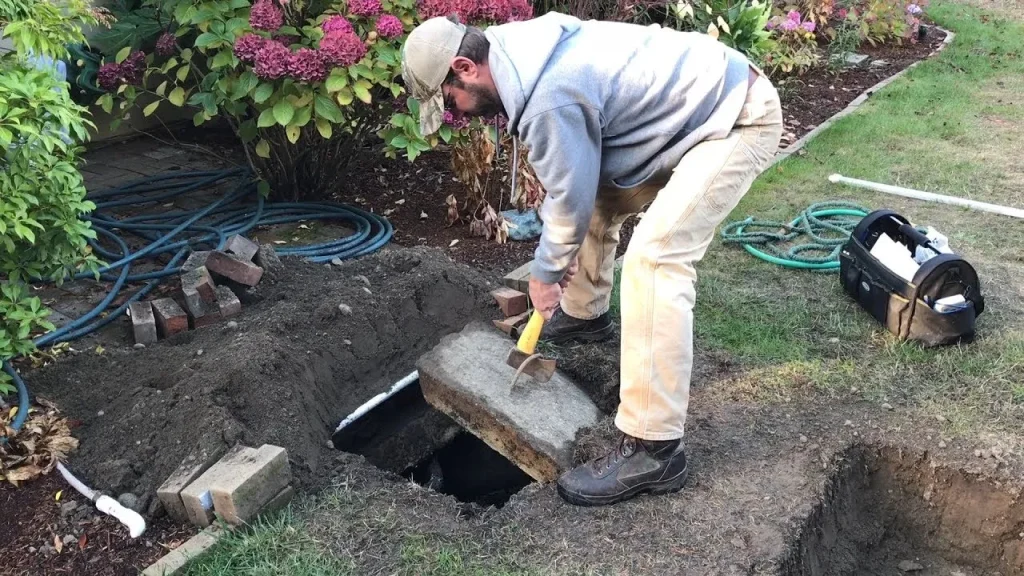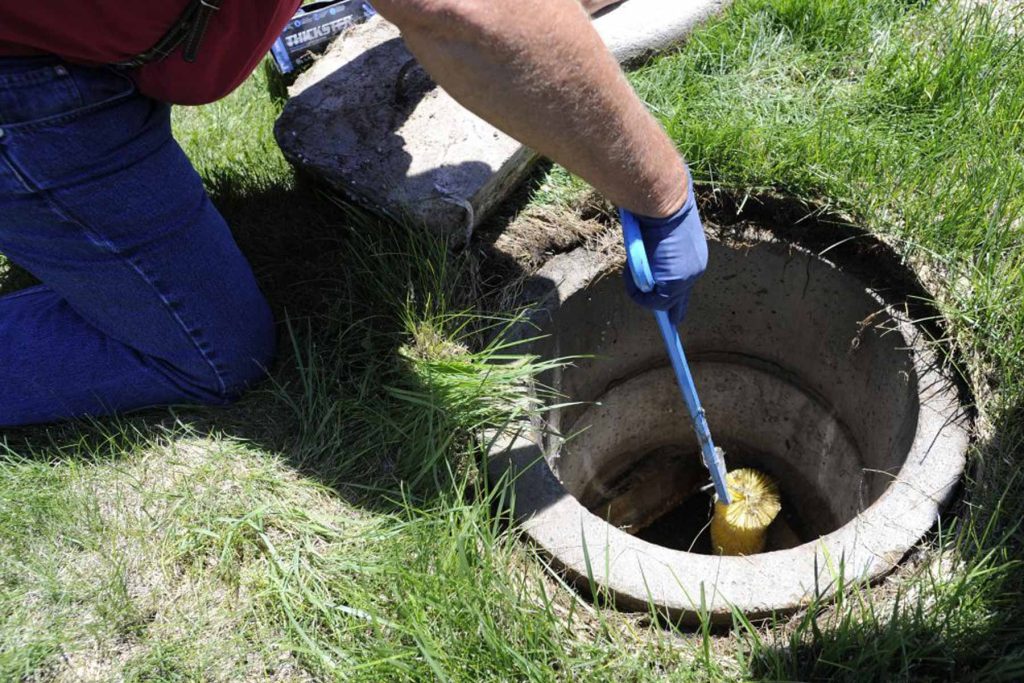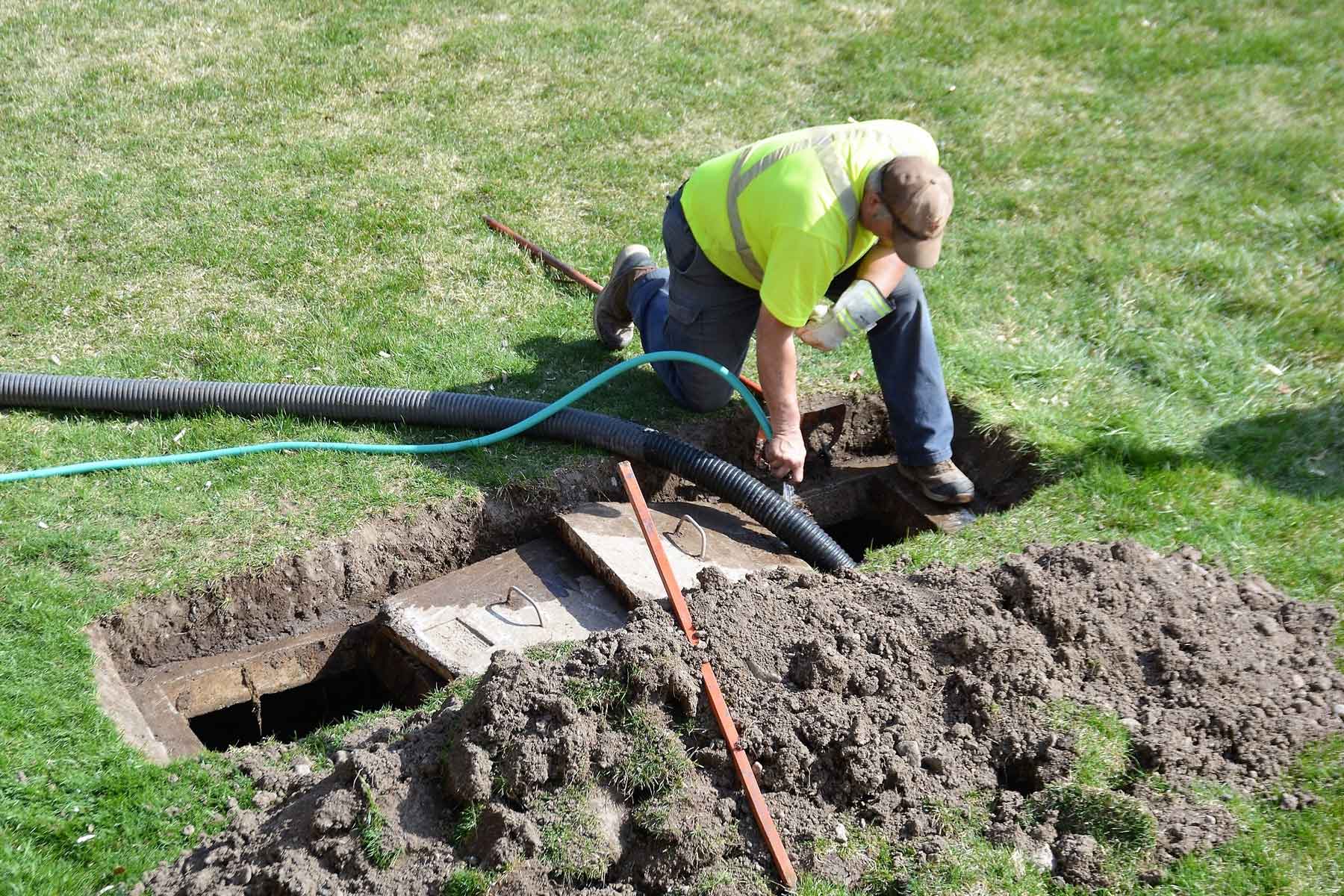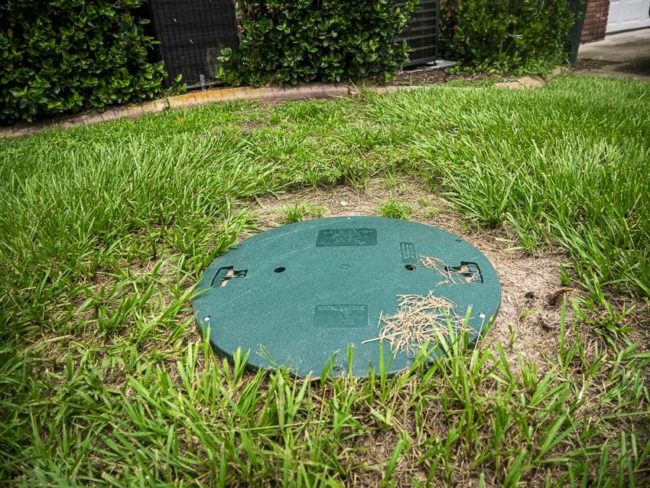Unlock Benefits of Regular Septic System Inspections
Regular septic system inspections are essential for maintaining the health and efficiency of your septic system. They play a crucial role in preventing costly repairs, protecting the environment, and extending the lifespan of your system.
Table of Contents
Key Takeaway
- Prevent costly repairs by identifying issues early.
- Prolong the lifespan of your septic system with routine check-ups.
- Protect the environment by avoiding leaks and contamination.
- Comply with local regulations and avoid fines.
- Ensure the health and safety of your household by preventing backups and overflows.
Benefits of Regular Septic System Inspections: Why It Matters

Septic systems are often out of sight and out of mind, but they play a vital role in managing household waste. Regular inspections help ensure everything is functioning correctly, preventing small issues from becoming significant problems.
Cost Savings from Early Detection
Identifying minor problems early can save you thousands in major repairs. For instance, a small crack in the tank or a minor blockage can be fixed relatively inexpensively compared to a full system failure, which might necessitate replacing the entire system.
| Issue Detected Early | Potential Cost | Cost if Ignored |
|---|---|---|
| Minor Crack in Tank | $200 – $500 | Full Tank Replacement: $3,000 – $7,000 |
| Blocked Drain Field | $300 – $500 | New Drain Field: $5,000 – $10,000 |
| Pump Malfunction | $100 – $300 | Total System Failure: $5,000 – $10,000 |
Benefits of Regular Septic System Inspections: Protecting the Environment

Septic systems handle human waste, and when they fail, they can leak harmful bacteria and nutrients into the ground and water supply. Regular inspections ensure that your system is not contributing to pollution.
- Prevent groundwater contamination by catching leaks early.
- Avoid nutrient overload in local water bodies, which can lead to algal blooms and loss of aquatic life.
Extending the Lifespan of Your Septic System
Routine inspections and maintenance can significantly extend the lifespan of your septic system. On average, a well-maintained system can last between 20 to 30 years, whereas a neglected system might fail in 10 years or less.
Actions to Extend Lifespan:
- Regular pumping to prevent sludge build-up.
- Inspecting components for wear and tear.
- Checking the drain field for proper function.
Complying with Local Regulations
Many municipalities have regulations requiring regular septic system inspections. These rules are in place to protect public health and the environment. Compliance not only helps you avoid fines but also ensures your system operates efficiently.
Local Regulations Overview:
| Region | Inspection Frequency | Penalty for Non-Compliance |
|---|---|---|
| Orange County, NY | Every 3 years | Up to $1,000 fine |
| Rockland County | Every 2 years | Up to $500 fine |
| Sullivan County | Every 5 years | Up to $750 fine |
Health and Safety of Your Household
A failed septic system can cause sewage backups in your home, posing serious health risks. Regular inspections help prevent these issues by ensuring your system is functioning correctly.
Health Risks Include:
- Exposure to harmful bacteria and viruses.
- Respiratory issues from sewer gases.
- Contaminated water supply.
Understanding the Benefits of Regular Septic System Inspections
Knowing what to expect during a septic system inspection can help you prepare and understand the importance of each step.
Inspection Steps:
- Initial Assessment: Inspect the overall condition of the system and surrounding area.
- Checking for Signs of Backup: Look for any signs of sewage backup inside the house and around the tank.
- Measuring Scum and Sludge Layers: Determine the amount of solid waste in the tank.
- Tank and Component Inspection: Check the tank, baffles, and other components for damage.
- Flow Testing: Ensure that waste is flowing correctly through the system.
- Final Reporting: Provide a detailed report of findings and recommendations.
Common Issues Found During Inspections
Regular inspections can help identify some common issues before they become major problems.
Typical Problems:
- Cracked or damaged tanks.
- Blocked or damaged drain fields.
- Faulty pumps or alarms.
- Excessive sludge build-up.
Tips for Maintaining Your Septic System
Maintaining your septic system between inspections is also crucial for its longevity and efficiency.
Maintenance Tips:
- Avoid Overloading the System: Be mindful of water usage.
- Proper Waste Disposal: Only flush biodegradable waste.
- Regular Pumping: Schedule regular pumping based on the size of the tank and household usage.
- Water Conservation: Fix leaks and install water-saving fixtures.
- Protect the Drain Field: Avoid parking vehicles or planting trees near the drain field.
The Role of Professional Septic Services
Professional inspections provide a thorough assessment that most homeowners cannot achieve on their own. Expert services include the benefits of Regular Septic System Inspections:
- State-of-the-art equipment: Camera inspections to identify hidden issues.
- Experience and knowledge: Skilled technicians who understand the complexities of septic systems.
- Detailed reporting: Comprehensive reports that outline the condition of your system and recommended actions.
Benefits of Regular Septic System Inspections Choosing United Sewer & Septic
At United Sewer & Septic, benefits of Regular Septic System Inspections we pride ourselves on delivering top-notch services to our clients. Our team is licensed and insured, ensuring that we provide safe and reliable services.
What We Offer:
- Certified Installations: Our team is certified through NEHA to install advanced treatment septic systems.
- Competitive Pricing: We offer fair pricing without compromising on quality.
- Workmanship Warranty: We stand by our work with a variety of warranties.
- Landscape Protection: We strive to leave your property as we found it.
- Great Communication: Clear, expert answers to your questions.
Key Maintenance Tips for Homeowners
Maintaining the Benefits of Regular Septic System Inspections can be simple if you follow these guidelines:
- Regular Inspections: Schedule an inspection at least every three years.
- Water Conservation: Implement water-saving habits and devices.
- Proper Waste Disposal: Avoid flushing non-biodegradable items.
- Avoid Chemicals: Limit the use of harsh chemicals that can disrupt the bacterial balance in your tank.
- Maintain Records: Keep detailed records of all inspections and maintenance for future reference.
Conclusion
The benefits of Regular Septic System Inspections are not just about compliance or avoiding fines. They are crucial for the health of your household, the environment, and your wallet. By staying proactive with inspections, you can ensure your septic system remains efficient and reliable for years to come.
At United Sewer & Septic, we understand the importance of maintaining your septic system. Contact us today to schedule your inspection and experience the benefits of professional, reliable service.
Contact Information:
- Phone: (888) 845-2564
- Address: 40 Fox Hill Dr. Middletown, NY 10940
- Email: info@unitedsewerservice.com
Stay proactive and keep your septic system in top shape with United Sewer & Septic!



